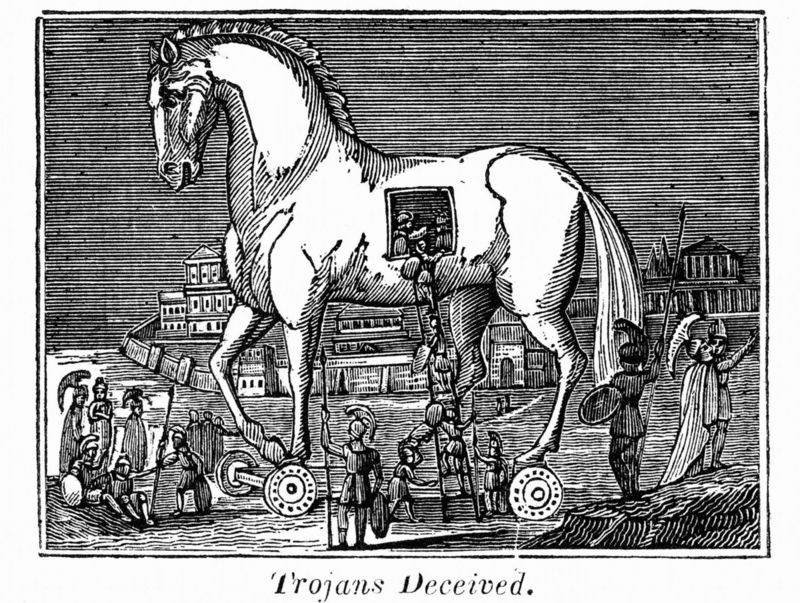Today’s post comes from guest author Jay Causey from Causey Law Firm in Seattle. Mr. Causey, as a respected plaintiff’s attorney whom I have known for many years, is a strong advocate for consumers. He writes about how the American Association of Justice (a group to which I also belong) is encouraging consumers to know how arbitration limits the ability to get just compensation. This project also includes a component where people can report their experiences with arbitration, which adds to the general knowledge and AAJ’s research on the subject. Nebraska has limits on the kinds of disputes that are subject to binding arbitration. Our constitution barred binding arbitration of any kind until 1996 when a big-business-led group got the voters to approve it.
You’ve just bought a new car, or signed an employment agreement, or engaged an investment firm to act for you, or made substantial charges on your credit card, or even just bought a Starbucks card. Now something’s gone wrong, and you’re looking for relief, maybe contemplating a lawsuit.
Unfortunately, you can probably forget any real legal remedy because chances are you’ve agreed to some fine print in the transaction that forces you into binding arbitration of any claim you have. For years the US Chamber of Commerce has been working behind the scenes to ensure most consumers lose access to the courts through these stealth provisions that hide in most contracts. The Chamber recently convened its annual summit for its Institute for Legal Reform, whose primary goal is to find ways that corporations can eliminate the rights of consumers, small businesses and employees to hold them accountable in court.
The American Association for Justice (AAJ) calls the Chamber’s efforts “Corporate America’s Trojan Horse” which substitutes big businesses owned dispute resolution mill for the real machinery of justice in the courts. Most Americans are unaware of the some half billion arbitration provisions in transactions they have unwillingly consented to. Forced arbitration by arbitrators selected by big business, not bound by law, and making decisions not subject to any meaningful judicial review, has substantially altered the civil justice system of this country, and what’s left of your legal remedies.
For the full report on this go to: License to Steal: How the US Chamber of Commerce Forced Arbitration on America.


